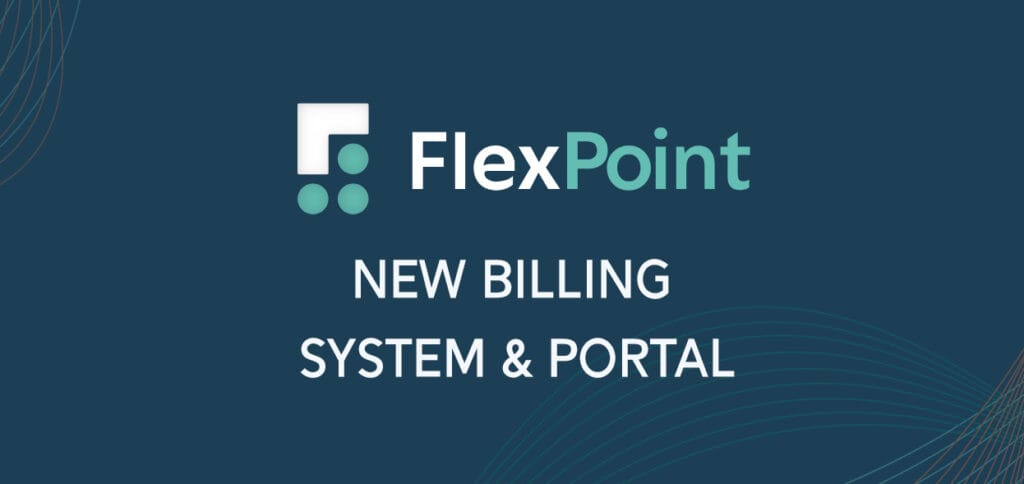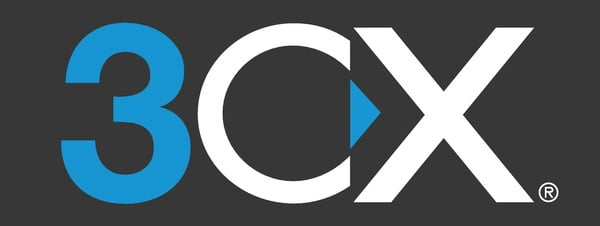New Payment Portal
At Pennyrile Technologies we are always looking for ways to improve your client experience through technology. We’re excited to announce that we are now offering a new billing solution that offers you more flexibility, convenience and security. Through our new payment portal, you will have the ability to: Pay your invoices via Credit Card or ACH Access historical invoices and payment history Setup Auto-Pay for your monthly recurring invoices View and print PDFs of current and prior invoices The Pennyrile Technologies payment portal is a safe and secure method of paying your invoices, leveraging industry best practices to ensure a PCI compliant experience. We are also excited to announce that in addition to paying via Credit Card or ACH, you will now have the ability to finance invoices over $1,000 that you want extra time to pay. It’s a simple process that doesn’t require a lengthy application or a personal credit check. All clients have had logins created using the existing billing email in our system. If you have any issues or would like to add an additional email, please contact support or give us a call. Clients can log in here: https://pennyriletech.flexpmts.com To ensure a timely transition, please login and add a payment method by 3/1/25 if you wish to use auto-pay. If you have previously filed an auto-pay form with us, we will be updating it in the portal for you over the next few business days. We’re excited to improve your client experience and make it easier to pay your invoices. Please let us know if you have any questions or have any feedback! Thank you, The Pennyrile Technologies Team
New Payment Portal Read More »







